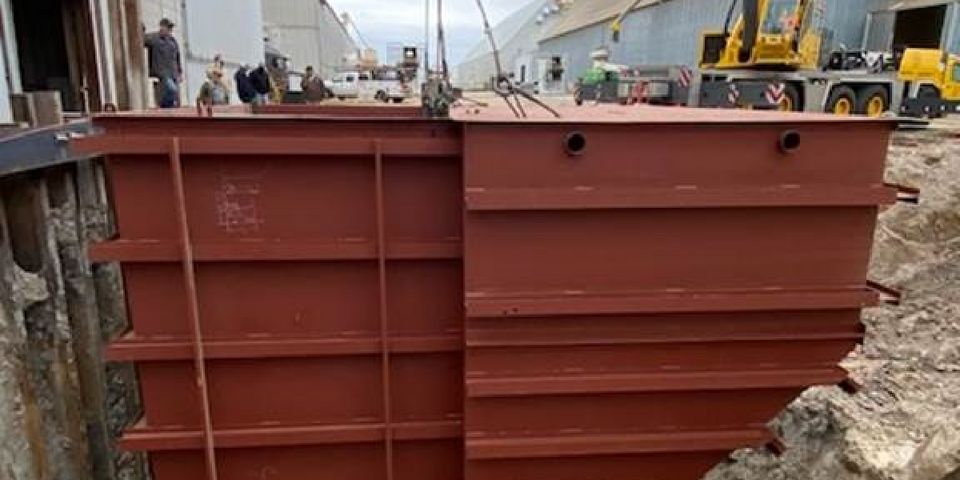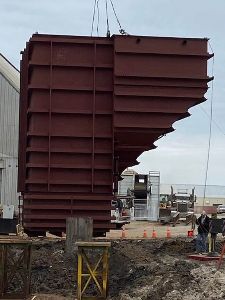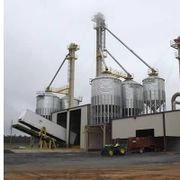
Elevators are crucial for the safe storage of grain, and they have been utilized, in one form or another, for thousands of years in various cultures around the world. The pit is a central feature of a grain elevator and is responsible for transferring the material into the structure. Below, learn how pits work and the important roles they play.

How a Pit Works
The truck carrying the grain pulls into the elevator. After the grain is weighed, sampled, and approved, the truck stops above a drive-over pit and releases the grain into it. The pit is designed in such a way that gravity directs the flow of the grain to the gate of the elevator.
The elevator well receives the grain flow and distributes it to the preferred storage area. The empty truck will then drive back to the scale to be weighed again. This tells the elevator operator how much grain was unloaded.
The elevator operator gives the driver a weight or scale ticket, which details the amount of grain brought to the elevator. The driver can choose to sell the grain immediately or pay a storage fee and hold the grain at the elevator until a sale is made.
What It Does
A pit streamlines the unloading process once the driver has arrived at the elevator. All they have to do is drive over the pit and release the grain they've brought in. The setup of the pit allows the grain to be received and transferred quickly, and little manpower or supervision is needed to get the load sorted and stored in the preferred location.
If you own a grain elevator, a pit will ensure you can accept and move grain swiftly and easily, saving time, money, and manpower that can be channeled into other tasks and projects.
When you need a reliable drive-over unloading pit for your grain elevator, contact Merritt Mechanical-Fabrication. Based in Cairo, GA, and serving the southeastern United States, they have more than 50 years of experience in metal building and grain bin design. Their pits are used to unload peanuts, corns, and miscellaneous grain from trucks and semi-trailers. Call (229) 377-5586 or visit them online to request a quote.
About the Business
Have a question? Ask the experts!
Send your question

